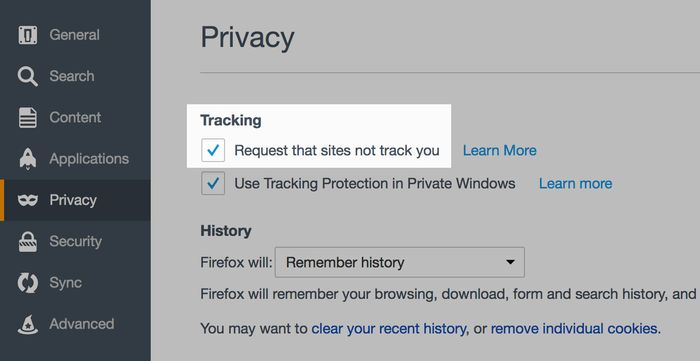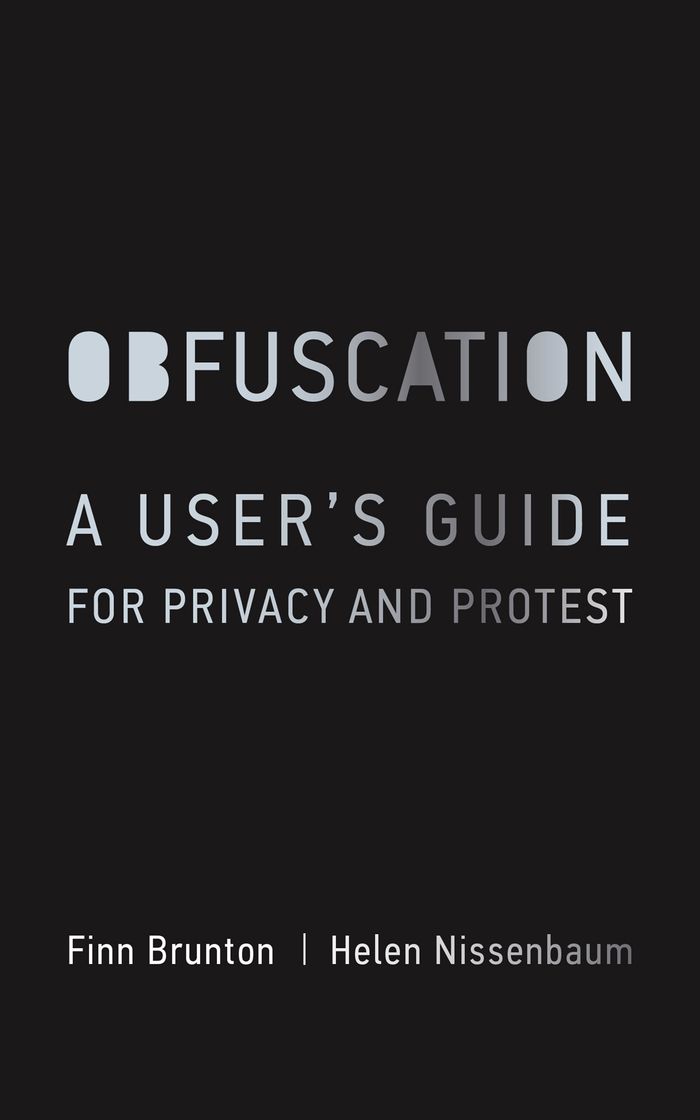Maciej Cegłowski has interesting things to say about big data and the online advertising business. He argues—persuasively, I think—that the advertising technology (adtech) sector is overvalued. In a recent essay, he describes what will happen when that adtech bubble finally bursts.
The problem is not that these companies will fail (may they all die in agony), but that the survivors will take desperate measures to stay alive as the failure spiral tightens.
These companies have been collecting and trafficking in our most personal data for many years. It’s going to get ugly.
Remember when, in its death throes, RadioShack sold off the customer data of 67 million people? This will probably be worse than that. And a whole lot of the web is built on top of adtech spaghetti business (think: spaghetti code, but for business).
The prognosis for publishers is grim. Repent! Find a way out of the adtech racket before it collapses around you. Ditch your tracking, show dumb ads that you sell directly (not through a thicket of intermediaries), and beg your readers for mercy. Respect their privacy, bandwidth, and intelligence, flatter their vanity, and maybe they’ll subscribe to something.
One way I could see publishers phasing in this more-respectful business model is through existing web browsers’ do-not-track differentiation. Every modern browser has privacy settings that let an individual user opt out of online tracking. That do-not-track preference gets included with each and every web request, but it’s up to the website operator to act on it. As far as I can tell, all adtech companies seem to ignore this preference completely.

Okay, so are you ready for my idea for how publishers can escape the adtech bubble? Stay with me here, because this is a crazy suggestion: if I’ve signaled through my preferences that I prefer not to be tracked, then … I dunno, maybe don’t track me.
A typical ad-driven website relies on dozens of companies to show me slow loading, poorly-customized advertising. But there’s nothing stopping the website itself from simply not letting those companies’ code onto the page.
I would say just switch to dumb (non-tracking) ads for everyone, but I know how this would play out: “it’s too extreme, we can’t afford it!” But here’s the thing, if you think this adtech spaghetti business is going to collapse, you’ll have to start switching traffic over to something else eventually. Why not start out with current and future subscribers (aka “users”) who’ve already indicated they prefer not to be tracked by the adtech industry? Just do what we’ve been asking for in the first place.
Here’s how: if a given visitor has checked the do-not-track box, you’ll be able to detect it. Adjust your ad libraries and CDNs to detect the DNT: 1 HTTP header and then show a small message congratulating yourself, and set aside those ad spots for “artisanal” ads. Once things are rolling along you can ditch the old bloated, crappy ads for everybody else.
You can already tell what proportion of visitors have do-not-track enabled, it’s there in the traffic stats if you look for it. You could pitch this to the higher ups with real numbers, and spin it as a Premium Advertising Experience, like organic fair trade traffic without all the slow bandwidth-bloat and creepy surveillance.
The big challenge, of course, is this type of effort involves cooperation between many departments that may not currently get along well. But getting the ad sales people and the ad tech people and the web developers to get along is important.
Nobody likes working on ads, and I know it’s hard to just get buy-in, let alone actually launch a new thing. But an adtech collapse might be an existential threat, better to get in front of this now rather than wait for it to happen.







